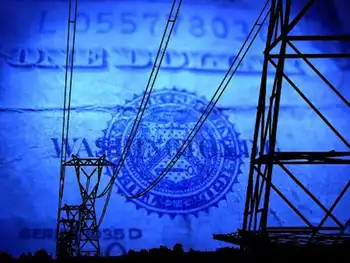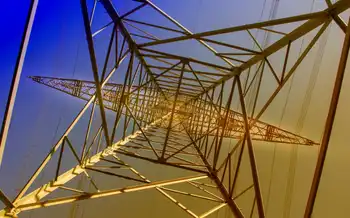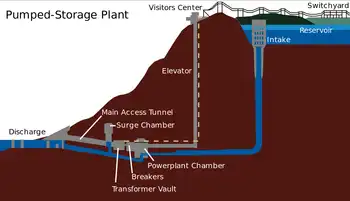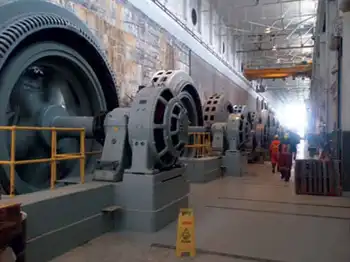'Pakistan benefits from nuclear technology'
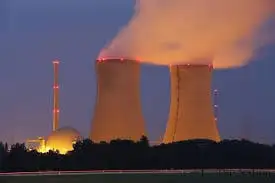
NFPA 70e Training - Arc Flash
Our customized live online or in‑person group training can be delivered to your staff at your location.

- Live Online
- 6 hours Instructor-led
- Group Training Available
Pakistan Nuclear Energy advances clean power with IAEA guidance, supporting SDGs via electricity generation, nuclear security, and applications in healthcare, agriculture, and COVID-19 testing, as new 1,100 MW reactors near grid connection.
Key Points
Pakistan Nuclear Energy is the nation's atomic program delivering clean electricity, SDGs gains, and IAEA-guided safety.
✅ Two 1,100 MW reactors nearing grid connection
✅ IAEA-aligned safety and nuclear security regime
✅ Nuclear tech supports healthcare, agriculture, COVID-19 tests
Pakistan is utilising its nuclear technology to achieve its full potential by generating electricity, aligning with China's steady nuclear development trends, and attaining socio-economic development goals outlined by the United Nations Sustainable Development Goals.
This was stated by Pakistan Atomic Energy Commission (PAEC) Chairperson Muhammad Naeem on Tuesday while addressing the 64th International Atomic Energy Agency (IAEA) General Conference (GC) which is being held in Vienna from September 21, a forum taking place amid regional milestones like the UAE's first Arab nuclear plant startup as well.
Regarding nuclear security, the PAEC chief stated that Pakistan considered it as a national responsibility and that it has developed a comprehensive and stringent safety and security regime, echoing IAEA praise for China's nuclear security in the region, which is regularly reviewed and upgraded in accordance with IAEA's guidelines.
Many delegates are attending the event through video link due to the novel coronavirus (Covid-19) pandemic.
On the first day of the conference, IAEA Director General Rafael Mariano Grossi highlighted the role of the nuclear watchdog in the monitoring and verification of nuclear activities across the globe, as seen in Barakah Unit 1 at 100% power milestones reported worldwide.
He also talked about the various steps taken by the IAEA to help member states contain the spread of coronavirus such as providing testing kits etc.
In a recorded video statement, the PAEC chairperson said that Pakistan has a mutually beneficial relationship with IAEA, similar to IAEA assistance to Bangladesh on nuclear power development efforts. He also congratulated Ambassador Azzeddine Farhane on his election to become the President of the 64th GC and assured him of Pakistan's full support and cooperation.
Naeem stated that as a clean, affordable and reliable source, nuclear energy can play a key role, with India's nuclear program moving back on track, in fighting climate change and achieving the Sustainable Development Goals (SDGs).
The PAEC chief informed the audience that two 1,100-megawatt (MW) nuclear power plants are near completion and, like the UAE grid connection milestone, are expected to be connected to the national grid next year.
He also highlighted the role of PAEC in generating electricity through nuclear power plants, while also helping the country achieve the socio-economic development goals outlined under the United Nations SDGs through the application of nuclear technology in diverse fields like agriculture, healthcare, engineering and manufacturing, human resource development and other sectors.






